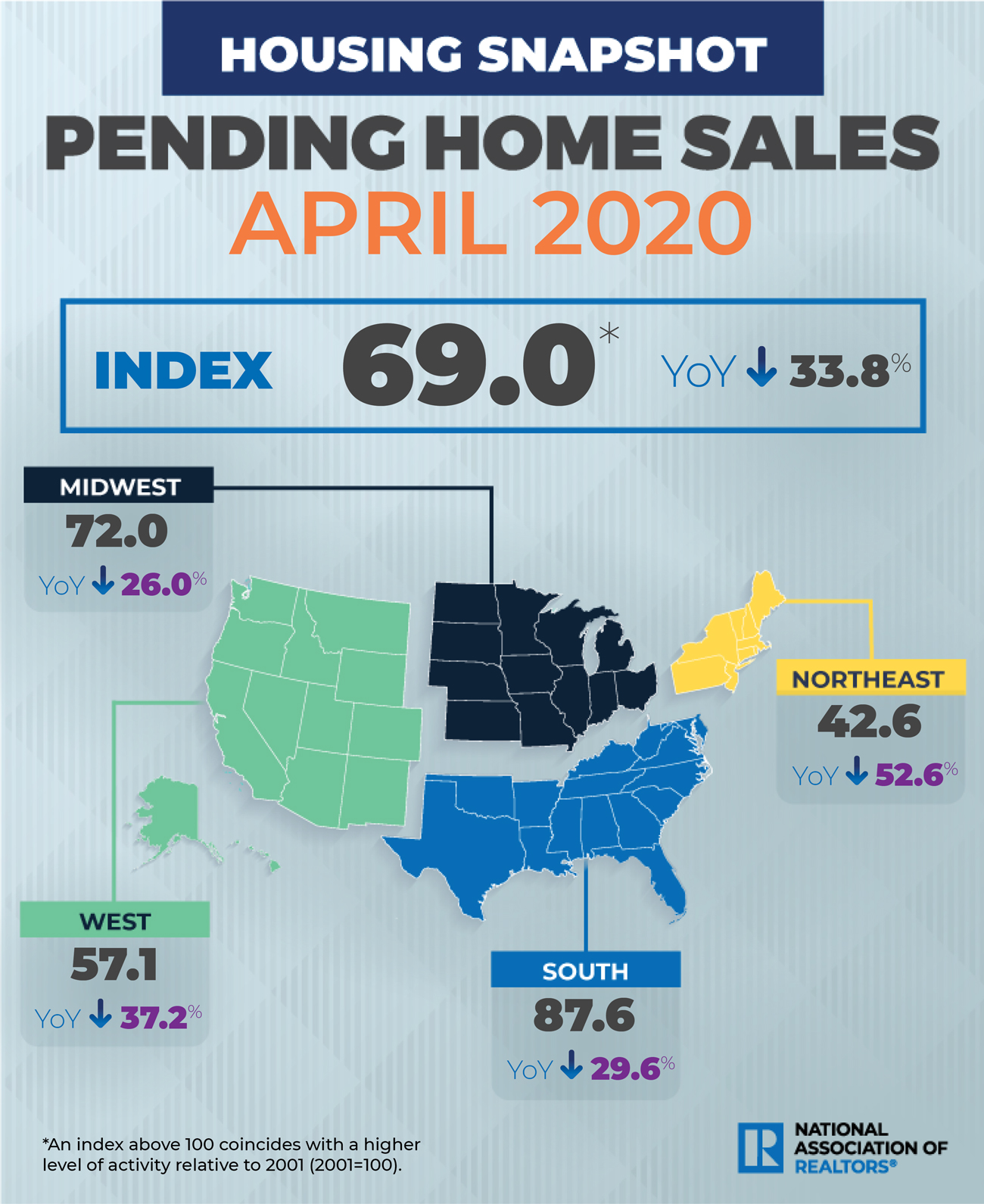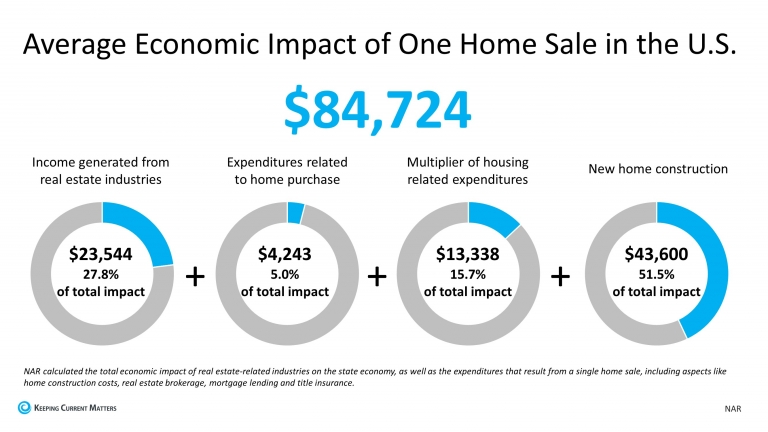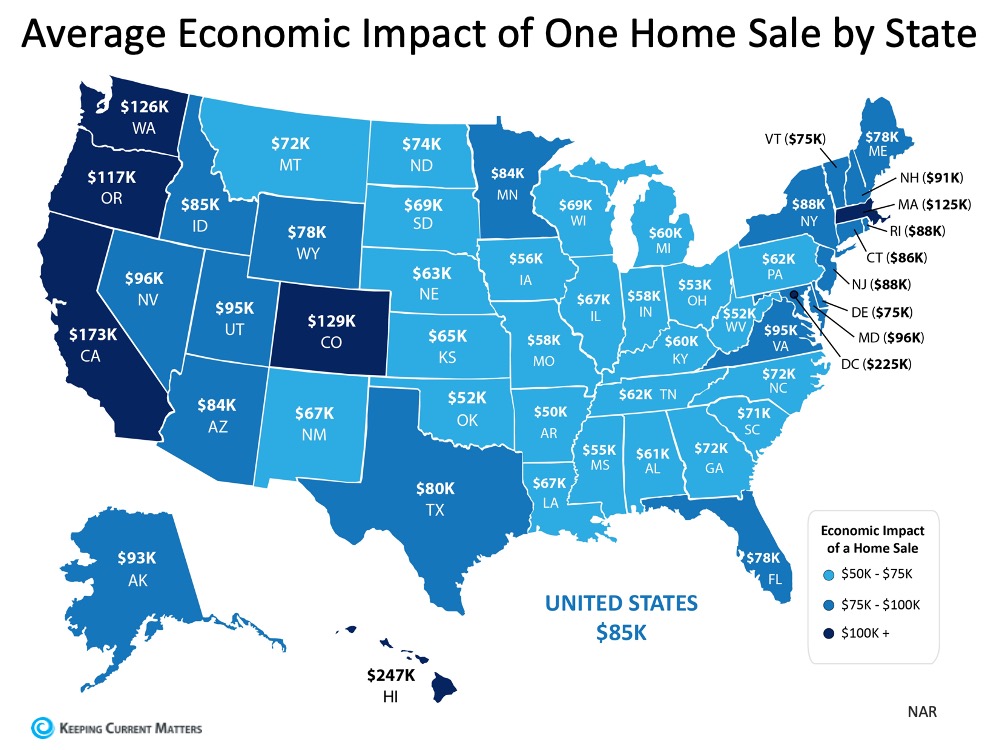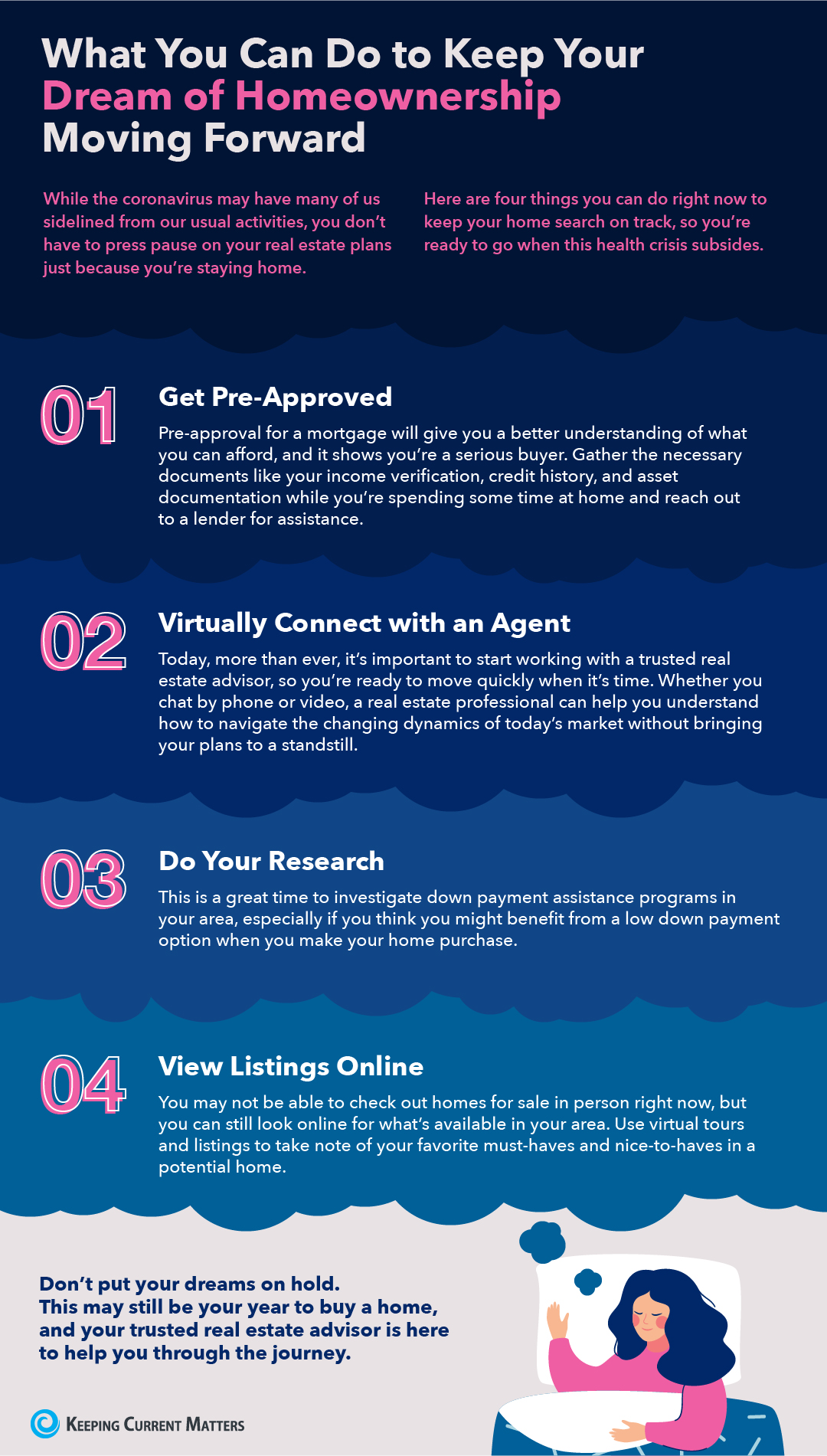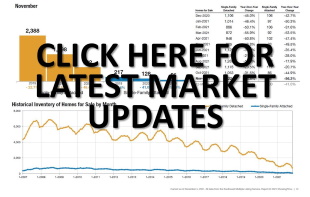RE/MAX National Housing Report for August 2020
Home Sales Sizzle Amid All-Time Low Inventory, Rising Prices
DENVER, Sept. 17, 2020 /PRNewswire/ -- The blistering hot streak of U.S. home sales continued in August, reaching record levels for the month. August also set new report records for lowest inventory and days on market as well as highest median sales price.
August home sales, continuing a torrid summer, were the highlight of the month. Year over year, home sales rose 4.3% and marked the third-highest total in the report's 13-year history covering 53 metro markets. July 2020 holds the report record for most home sales, followed by June 2017. Year to date, 2020 home sales trail 2019's by only 3% after being 9% lower through May.
"The demand for houses is easily eclipsing the available inventory in metro areas across the country. Buyers are moving forward in record numbers, unfazed by inventory challenges and consistently higher prices," said Adam Contos, CEO of RE/MAX Holdings, Inc. "Homeowners in a position to sell are seizing the opportunity – and benefiting from the one-two combination of enthusiastic, competitive buyers and significantly quicker turnaround times. In many respects, the current environment presents advantages on both sides of the equation."
While sales climbed, the number of homes on the market in August plunged 29.6% year-over-year – to an all-time report low. And in a related metric, the 1.7 Months of Inventory tied July for the lowest in report history.
This high-demand, low-supply dynamic drove the Median Sales Price to $290,000, topping the previous report record of $285,000 set just one month ago in July. Prices rose 11.5% from August 2019, the highest year-over-year increase in more than six years.
On average, homes spent a mere 41 Days on Market – tying July 2018 for the shortest time in report history. Fourteen markets reported 30 days or less from listing to contract signing. Compare that to August 2019, when average Days on Market totaled 45.
Closed Transactions
Of the 53 metro areas surveyed in August 2020, the overall average number of home sales is down 7.6% compared to July 2020, and up 4.3% compared to August 2019. Leading the year-over-year sales percentage increase were Chicago, IL at +20.1%, Boise, ID at +15.7%, and Hartford, CT at +15.2%.
Median Sales Price – Median of 53 metro median prices
In August 2020, the median of all 53 metro Median Sales Prices was $290,000, up 1.8% from July 2020, and up 11.5% from August 2019. Thirty metro areas increased year-over-year by double-digit percentages, led by Augusta, ME at +22.8%, Tulsa, OK at +21.8%, and Cincinnati, OH at +18.3%. Not a single metro area saw a year-over-year decrease in Median Sales Price.
Days on Market – Average of 53 metro areas
The average Days on Market for homes sold in August 2020 was 41, down three days from the average in July 2020, and down four days from the average in August 2019. The metro areas with the lowest Days on Market were Omaha, NE at 17, Cincinnati, OH at 21, and a tie between Seattle, WA and Nashville, TN at 22. The highest Days on Market averages were in Des Moines, IA at 92, Miami, FL at 89, and New York, NY at 83. Days on Market is the number of days between when a home is first listed in an MLS and a sales contract is signed.
Months Supply of Inventory – Average of 53 metro areas
The number of homes for sale in August 2020 was down 6.1% from July 2020 and down 29.6% from August 2019. Based on the rate of home sales in August 2020, the Months Supply of Inventory decreased to 1.7 compared to 1.9 in July 2020, and decreased compared to 3.3 in August 2019. The markets with the lowest Months Supply of Inventory were Boise, ID at 0.5, Albuquerque, NM at 0.7, and a seven-way tie between Hartford, CT, Phoenix, AZ, Charlotte, NC, Manchester, NH, Washington DC, Denver, CO, and Omaha, NE at 0.9.
Feel free to contact me and I can help break down exactly what these numbers mean for our local market and for your neighborhood. And lastly, If you or anyone you know is thinking of buying or selling a home - please call or email me. I'm here to help!
Peter Veres
Associate Broker,CRS,ABR,CLHMS,SRES
Elite Asset Management Team - RE/MAX Elite
Cell: 505-362-2005



